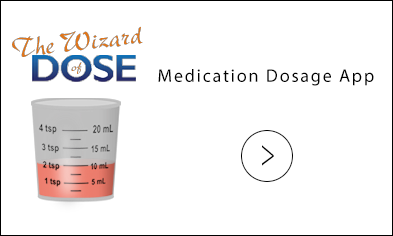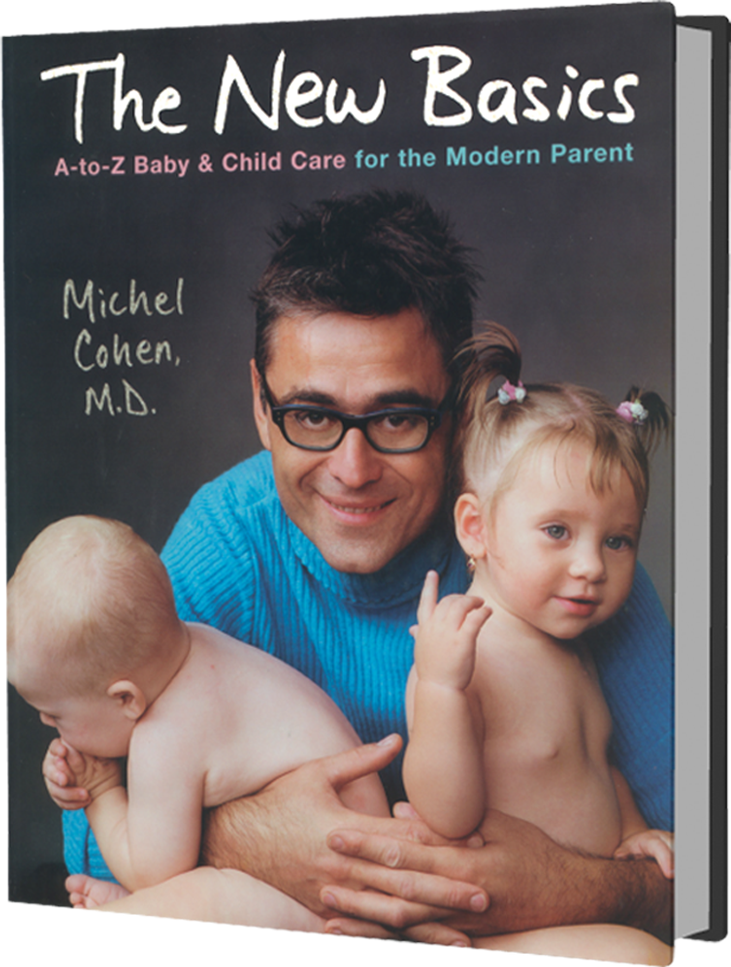
Bronchiolitis
Bronchiolitis is a viral illness that occurs in infants and occasionally toddlers. Any respiratory virus can cause it, the most common being RSV. Seen most frequently in winter, bronchiolitis is transmitted by parents and older siblings, in whom it only looks like a flu. Bronchiolitis starts out by looking like a bad cold with noticeable secretions, and in its more pronounced forms it produces breathing difficulty that resembles the symptoms asthma produces in older kids.
Mild bronchiolitis causes profuse nasal secretions and a cough, while respiration remains normal. In moderate forms, the breathing is faster than usual but not labored, skin color remains normal, and Lucy is still able to eat, although her appetite is reduced. In more severe forms, the neck and belly muscles pull in, respiration is labored, the skin is pale, and appetite decreases further.
Most cases of bronchiolitis are mild or moderate, take a few days to run their course, and show a fresh outbreak of symptoms around the third day. Within a week, appetite and breathing improve rapidly, but be prepared to see nasal secretions persist for weeks and weeks.
Severe cases requiring hospitalization are rare in healthy babies; they are more likely in those born prematurely and in those who have underlying cardiac or pulmonary ailments. At the hospital, the treatment goal is to support Lucy’s breathing while the virus runs its course.
Unfortunately, there’s not much you can do at home to reduce the discomfort of bronchiolitis. Antibiotics are inefficient. Asthma medicines such as nebulized Albuterol are rarely helpful. The same goes for oral steroids. Cough medicines and decongestants are never recommended at this age, and saline drops in the nostrils don’t help. Even humidified air doesn’t make much difference. Your best bet is to keep feeding Lucy smaller amounts more frequently, keep her propped up to facilitate respiration, and watch for symptoms of deterioration, such as an inability to feed, or labored breathing. If her condition gets worse, call your doctor, who may consider hospitalization.
In terms of prevention, a vaccine-like medication is available. Because it’s expensive and has to be administered by muscle injection every winter, it’s only indicated for babies who are at high risk of severe illness.




 MEDICATION DOSAGE
MEDICATION DOSAGE

